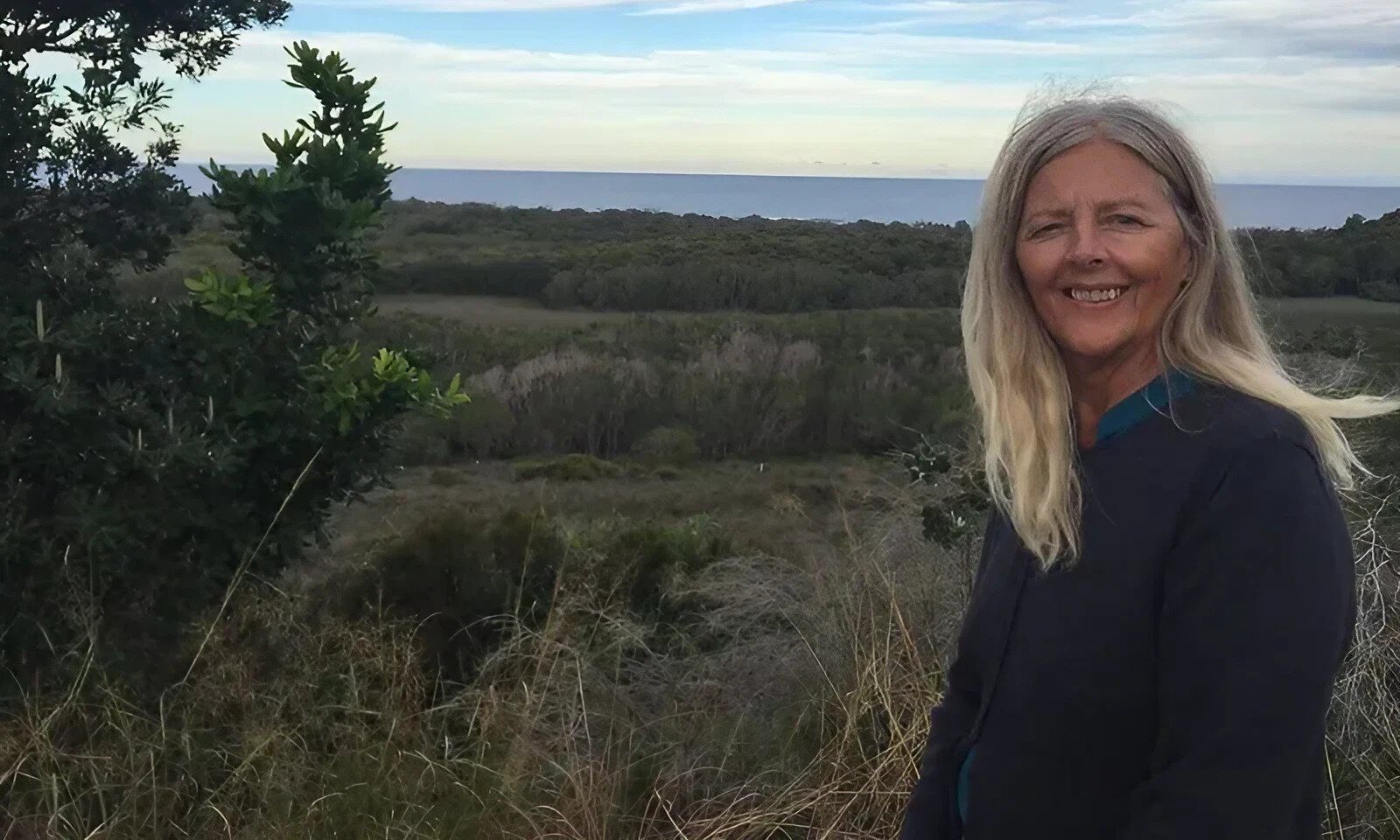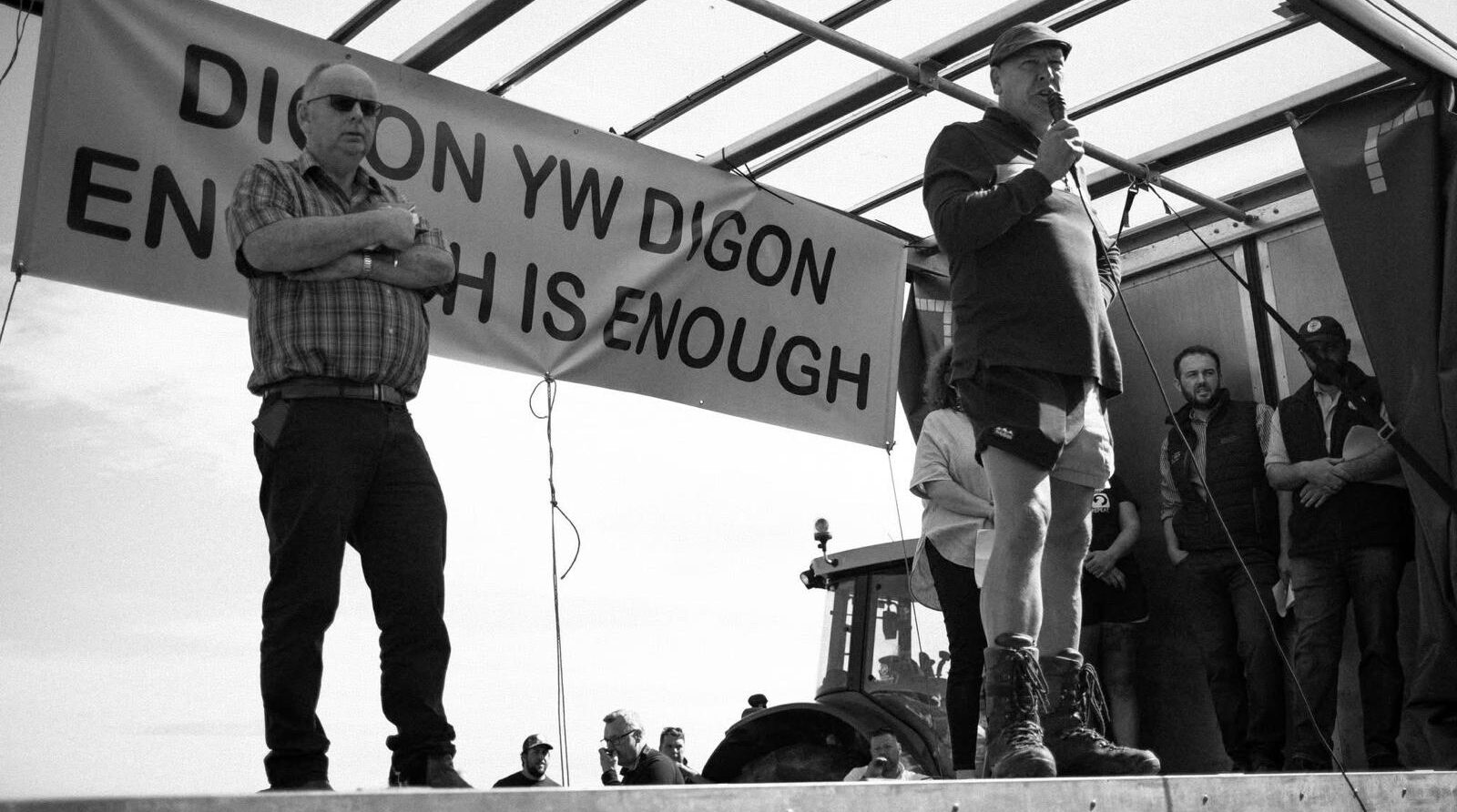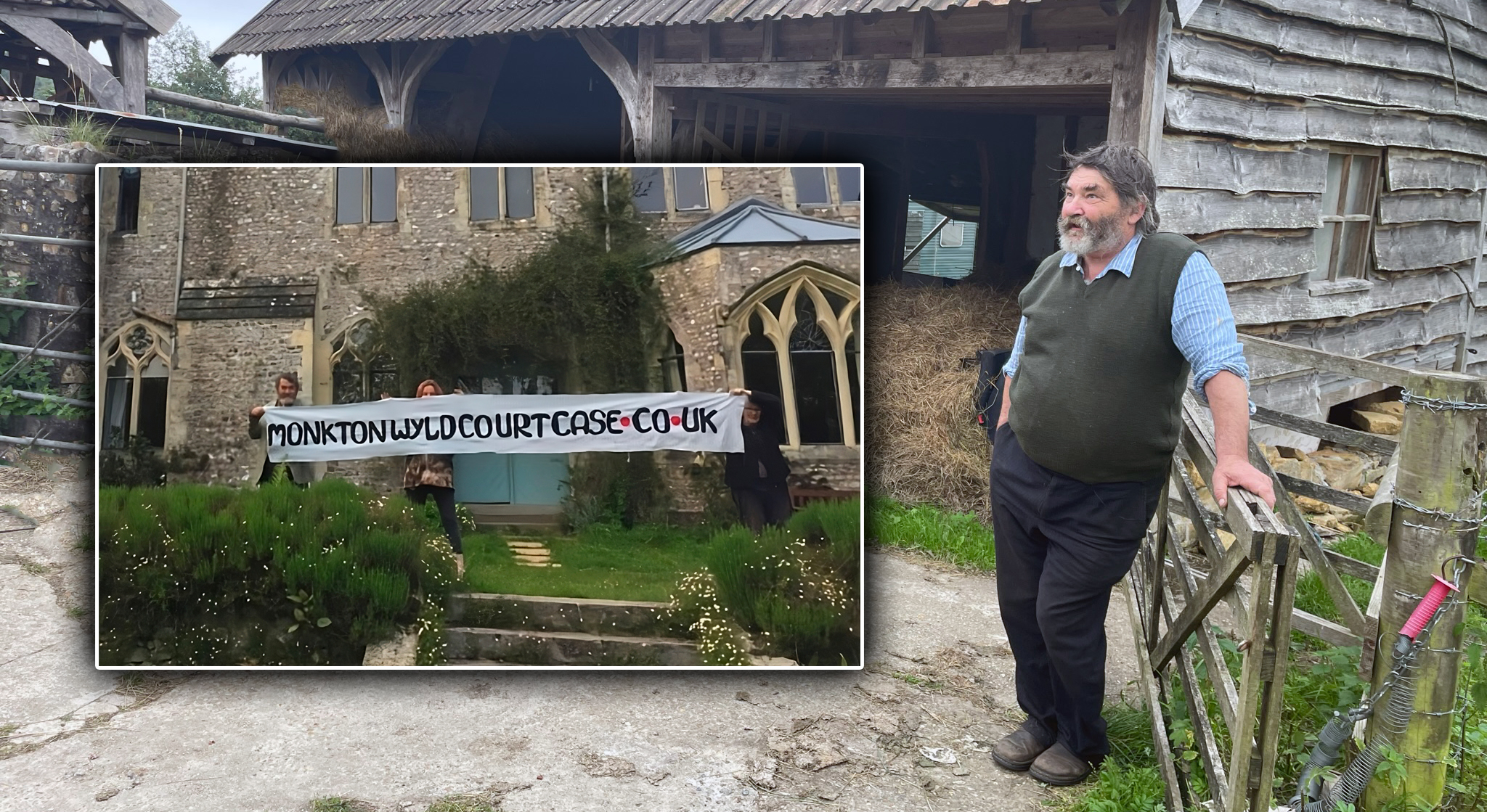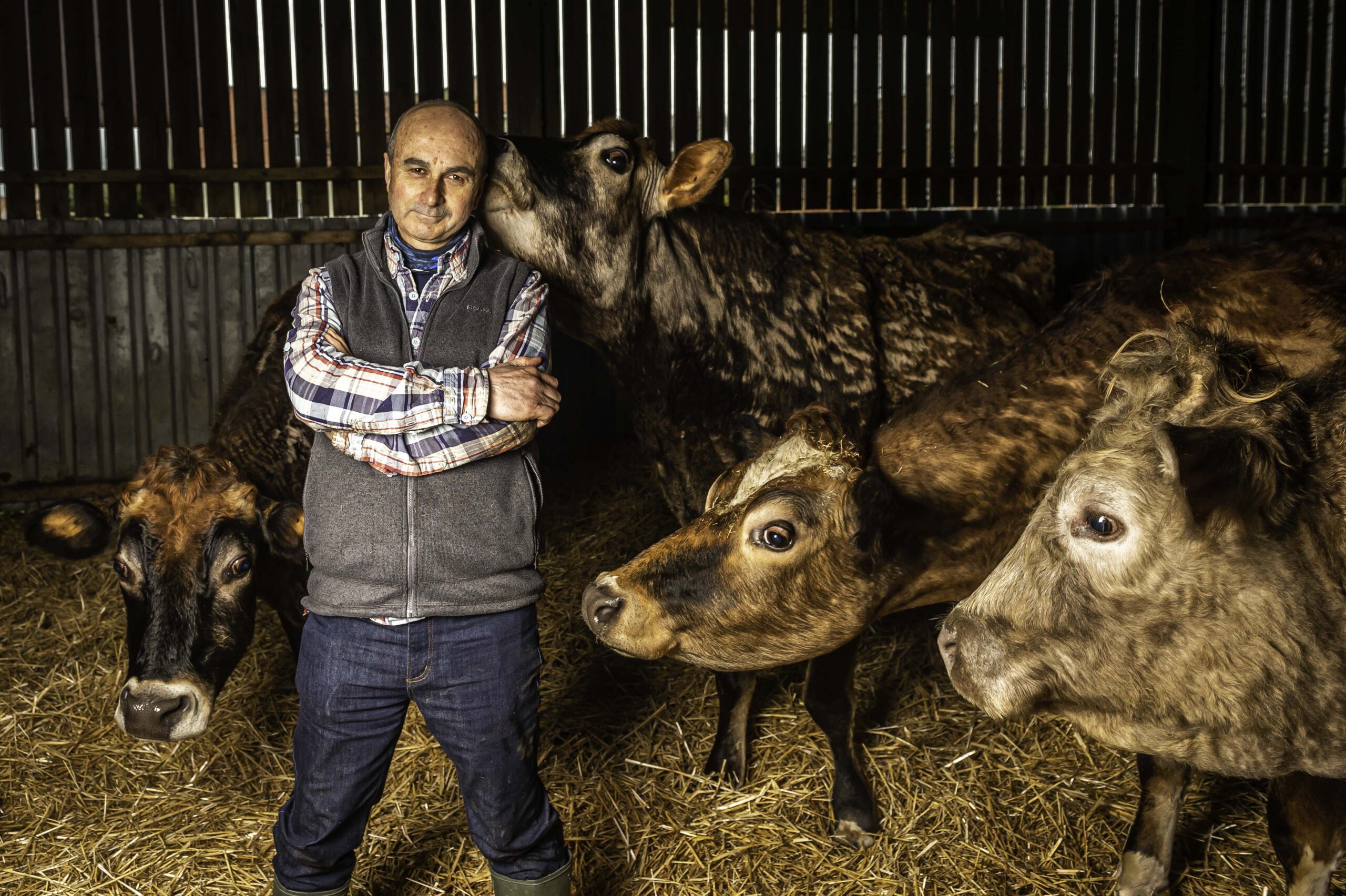Helena Norberg-Hodge, linguist, author and filmmaker, is the founder and director of Local Futures, previously known as the International Society for Ecology and Culture (ISEC) which is dedicated to the revitalisation of cultural and biological diversity, and the strengthening of local communities and economies worldwide.
She was a founding pioneer of the new economy movement, encouraging social and environmental activists to move beyond treating symptoms and to focus on the need for fundamental change to the economy, and she was an original convenor of World Localisation Day when people across six continents come together every June to raise awareness of, and celebrate, localisation.
She has helped to initiate localisation movements on every continent, particularly in South Korea and Japan, and co-founded both the International Forum on Globalization and the Global Ecovillage Network.
Her work, spanning almost half a century, has been praised, supported and quoted by innumerable famous figures including Jane Goodall, HH the Dalai Lama, King Charles and former Prime Ministers of India, Indira and Rajiv Ghandi.
Helena’s fantastically diverse education took place in Sweden, Germany, Austria, England and the United States. She specialised in linguistics, including studies at the doctoral level at the University of London and at MIT with Noam Chomsky. She is fluent in seven languages.
In 1975, when living in Paris, she was invited to accompany a film team to the remote region of Ladakh, or ‘Little Tibet’ which the Indian government, because of border disputes with China and Pakistan, had kept isolated from the outside world.
“I joined the film team, thinking I would be there for six weeks. But in Ladakh I encountered the most vital, joyful people I had ever met, and I ended up staying a lifetime. The experience turned my Western worldview on its head.”
She and her husband John Page and their friend Ian Worrall started a project, which still exists today, to find ways that would help enable people in the Ladakh villages to adapt to the modern world and still retain their ancient social, spiritual and ecological values. The Ladakh Project later became the International Society for Ecology and Culture (ISEC), and is known today as Local Futures which is Helena and John’s campaign platform for relocalisation worldwide.
When she first arrived in Ladakh she found a pristine environment and people who were energetic, happy and immersed in their ancient traditions of farming, weaving, house building and festivals of music and dance. She became the first westerner in modern times to become fluent in the Ladakhi language allowing her to gain deep insights into the ancient traditions of village life in Ladakh which because of its remoteness had been spared the horrors of modern consumerism.
When in the 1960s a road was built across the high Himalayan passes and traffic started to arrive from India and the world, the spell began to fracture as people fell victim to the ravages of the consumer market with deliveries of unhealthy processed food and luridly packaged plastic junk. The pristine mountain air became polluted, and people began to suffer from unemployment, an unknown situation in previous times, and from religious and social divisions that would never have occurred in the lives of the previous generation.
“When I first arrived in Leh, the capital of 5,000 inhabitants, cows were the most likely cause of congestion and the air was crystal clear. Within five minutes’ walk in any direction from the town centre were barley fields, dotted with large farmhouses. For the next twenty years I watched Leh turn into an urban sprawl. The streets became choked with traffic, and the air tasted of diesel fumes. ‘Housing colonies’ of soulless, cement boxes spread into the dusty desert. The once pristine streams became polluted, the water undrinkable. For the first time, there were homeless people. The increased economic pressures led to unemployment and competition. Within a few years, friction between different communities appeared. All of these things had not existed for the previous 500 years.
“In one of my first years in Ladakh, I was in this incredibly beautiful village. All the houses were three stories high and painted white. And I was just amazed. So out of curiosity I asked a young man from that village to show me the poorest house. He thought for a bit, and then he said, ‘We don’t have any poor houses.’ The same person I heard eight years later saying to a tourist, ‘Oh, if you could only help us Ladakhis, we’re so poor!’ And what had happened is that in the intervening eight years he had been bombarded with all these one-dimensional images of life in the West. He’d seen people with fast cars, you know, looking as though they never worked, and with lots of money. And suddenly by comparison his culture seemed backward and primitive and poor.”
“As I saw the encroachment of the modern economy and consumer culture into Ladakh, my eyes were opened to the devastation caused by conventional ‘development’ and ‘progress’. I saw the advent of unemployment, abject poverty, environmental decline, and epidemics of depression and social divisiveness – issues that I, like most Westerners, had assumed to be inevitable facts of life.
“Seeing these changes across the globe, it became clear to me that many of our social and environmental problems are in fact the consequences of a global economic system which erodes local self-reliance and cultural self-respect. I started identifying the unchecked power of multinational corporations as a root cause of so much that is going wrong, and calling for a revision of conventional ‘development’ and globalising policies.”
But she does not see this as a story of despair and collapse. In the preface to the 2016 edition of Ancient Futures she describes a number of grassroots projects aimed at restoring human and ecological wellbeing. These projects belong to a worldwide relocalisation movement which aims to strengthen local cultures and traditions and communities and to re-connect people with the natural world. Ancient Futures brings hope that out of the ruins, a healthy society for the future can be built on ancient traditions and wisdom.
“Even as our governments have subsidised and supported globalization, a counter-trend has been growing from the grassroots. From permaculture to slow money, from local food projects to community mutual aid networks, I have witnessed the emergence of what is in effect a worldwide localisation movement. Localisation demonstrates the potential for social and ecological healing through rebuilding place-based relationships. It is thanks to my ongoing contact with this grassroots movement that I continue to have much hope. The countless initiatives that comprise it point to the goodwill, perseverance and collaborative instinct of humanity.”
The deep understanding of local culture, village-based agriculture and family traditions that she acquired in Ladakh are the subject of her most famous book ‘Ancient Futures: Learning from Ladakh’, which has been translated into more than 40 languages, and sold half a million copies. In 1986, she was awarded the Right Livelihood Award for “preserving the traditional culture and values of Ladakh against the onslaught of tourism and development.”
The award-winning documentary The Economics of Happiness (2011) is Helena’s masterpiece critique of the global economic system. The film shows the vast, meaningless, wasteful and polluting network of global trade where countries export and import the same goods, where food needlessly criss-crosses the globe, seeking locations where profits can be grafted from cheap labour, lax environmental standards and corrupt or non-existent oversight.
“What’s our favourite documentary of all time? The one film we wish everyone could see? Hands down, this is it. It is truly one of the most important and useful films for inspiring change that has been made in a generation.”
– Films for Action –
The film warns of the social, spiritual, and ecological costs of today’s global economy and shows how people round the world are already taking steps to rebuild their local economies and communities by sourcing local food and goods and encouraging local production through Community Supported Agriculture, local markets and farm shops. The film has interviews with Vandana Shiva, Bill McKibben, David Korten, Samdhong Rinpoche, and other inspiring leaders and activists.
Helena’s most recent book, Local is Our Future (2019) describes how a systemic shift from a globalised economy towards a network of decentralised, localised economies could address the problems of economic inequality, the climate crisis and the mental illness epidemic. The book has received praise from a number of famous people including Bill McKibben, Douglas Rushkoff, David Suzuki, Charles Eisenstein and Alice Waters.
She lectures all over the world in English, Swedish, German, and Ladakhi, and occasionally in French, Spanish, and Italian. She has given lectures at Cambridge, Oxford, Harvard, Cornell and numerous other universities, she has addressed the parliaments in Germany, Sweden, and England, the White House and the US Congress, UNESCO, the World Bank, the European Commission, and the IMF. She also teaches regularly at Schumacher College in England, and leads workshops for community groups around the world working on localisation issues.
Over the years she has received numerous awards, including the Right Livelihood Award (aka the “Alternative Nobel Prize”), the Arthur Morgan Award and the Goi Peace Prize for contributing to “the revitalization of cultural and biological diversity, and the strengthening of local communities and economies worldwide.”
On June 30, 2023 she received the Environment Award at the Tignano Festival, Tuscany – Italy.
Share This Article
Related ArticlesView All
Gareth Wyn Jones
Gareth is a Welsh sheep and cattle hill farmer, TV presenter, social media star, and father of three. He has… Read More
The Great & The Good: George Ferguson
George Ferguson’s life and works are fuelled by boundless energy, exuberant creativity, optimism and a high regard for people and… Read More
The Great & The Good: Jerome Flynn
Game of Thrones star Jerome Flynn, and Farms Not Factories founder Tracy Worcester explore the profound bond between farmers, their… Read More
The Great & The Good: Patrick Holden
Post Retweet Patrick and Becky Holden run a 300-acre organic dairy farm in West Wales where the milk from ninety… Read More
Simon Fairlie: Monkton Wyld Court
2m Short Version 11m Full Version GOING TO SEED The story of Simon Fairlie’s life as a rebel guru began… Read More
The Great & The Good: Philip Lymbery
Compassion in World Farming Global CEO, Philip Lymbery, filmed this video for our ‘The Great & The Good‘ series. Sows… Read More






